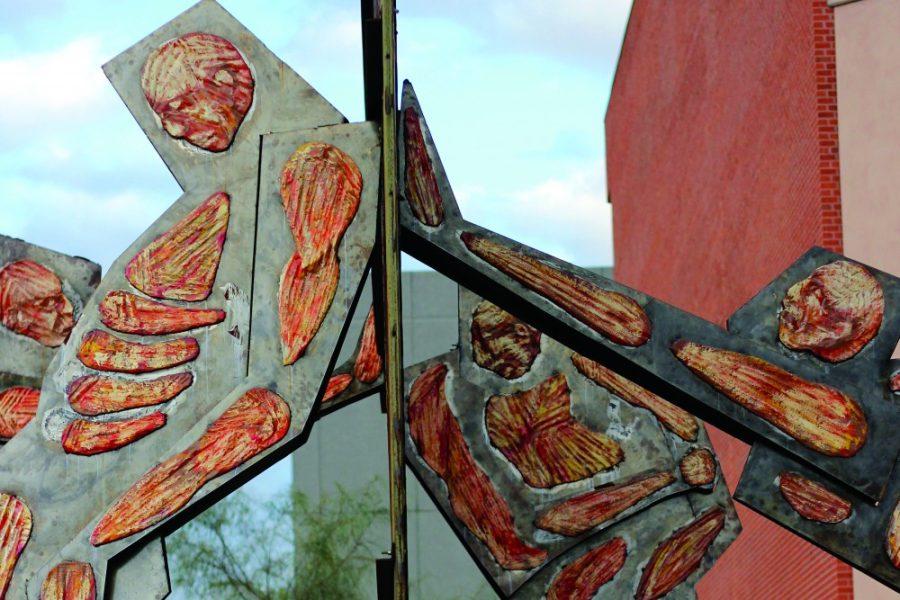A recent study conducted by two UA professors examines the violence against journalists that work along the Mexican border.
UA School of Journalism assistant professor Jeannine Relly, and associate professor Celeste González de Bustamante, conducted their research in the five border states of Mexico, which connect it to the U.S.
The study is called “Silencing Mexico: A Study of Influences on Journalists in the Northern States” and was published by the International Journal of Press/Politics in November. The publication of the study helped draw attention to areas where there is conflict due to organized crime and drug and human trafficking.
The evidence found during the research shows that journalists working in the northern states of Mexico ran a much higher risk of death in comparison to journalists who worked in areas away from the border.
Thirty-nine Mexican journalists and 20 American journalists were interviewed to gauge how journalism was changing due to violence.
“We had read about the fascinations and troubles about journalists in those regions, and we knew some of the people who worked in those regions,” Relly said. “We found out that it’s one of the most difficult countries to work with.”
The Committee to Protect Journalists states that the violence has subsided, and it is unclear if it is because of new policies and new administration.
“We don’t know for sure; some people disappeared, but in some borders it has gotten easier,” Relly said.
González de Bustamante said she has been researching the history of the press in Mexico for a long time, and has found there has always been a lack of freedom with the press in Mexico, partly due to business owners of the media.
“Fear of either being threatened by the government, government officials or organized crime was part of their daily life, and it is something that they have to deal with on a daily basis,” Gonzalez said. “The thing with organized crime and the connections with corrupt officials [is that] it has really pervaded of all levels of society.”
The result of this violence is that less Mexican journalists are willing to do investigative reporting.
David Cuillier, the director of the UA School of Journalism, said this is not only a danger to journalists but to democracy as well.
“If journalists cannot do their jobs, then people cannot get the information they need to make good decisions,” Cuillier said. “We are not going to be able to get good information about what’s happening in Mexico if journalists there are afraid to write about it.”
Cuillier said one way to solve this issue is to hold workshops to aid journalists working in Mexico.
The School of Journalism is developing a relationship with the Universidad de Sonora in Hermosillo to encourage student and faculty exchanges, training and workshops that will help with professionals on both sides of the border.









